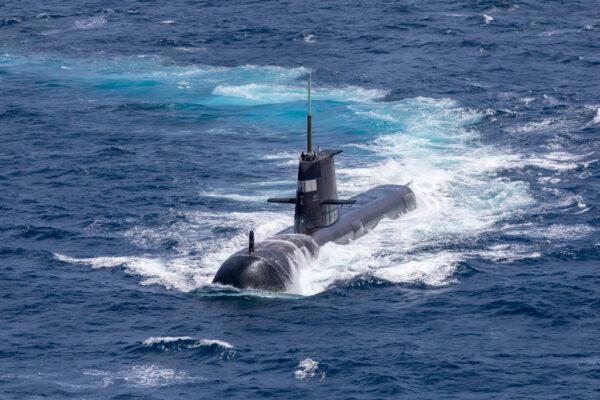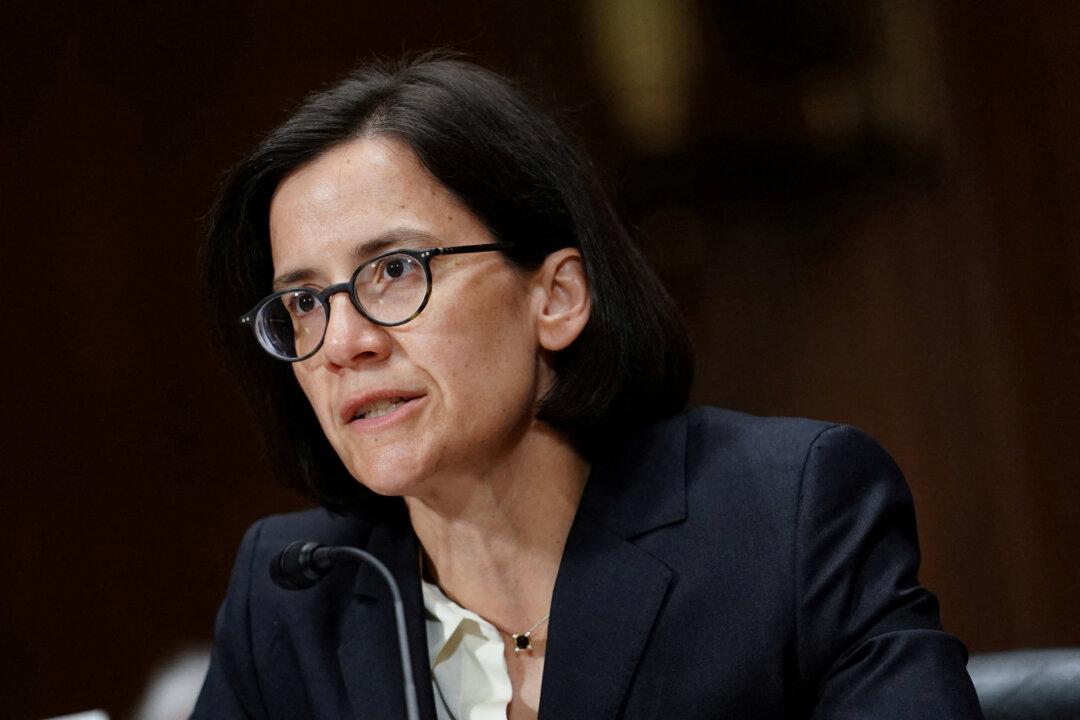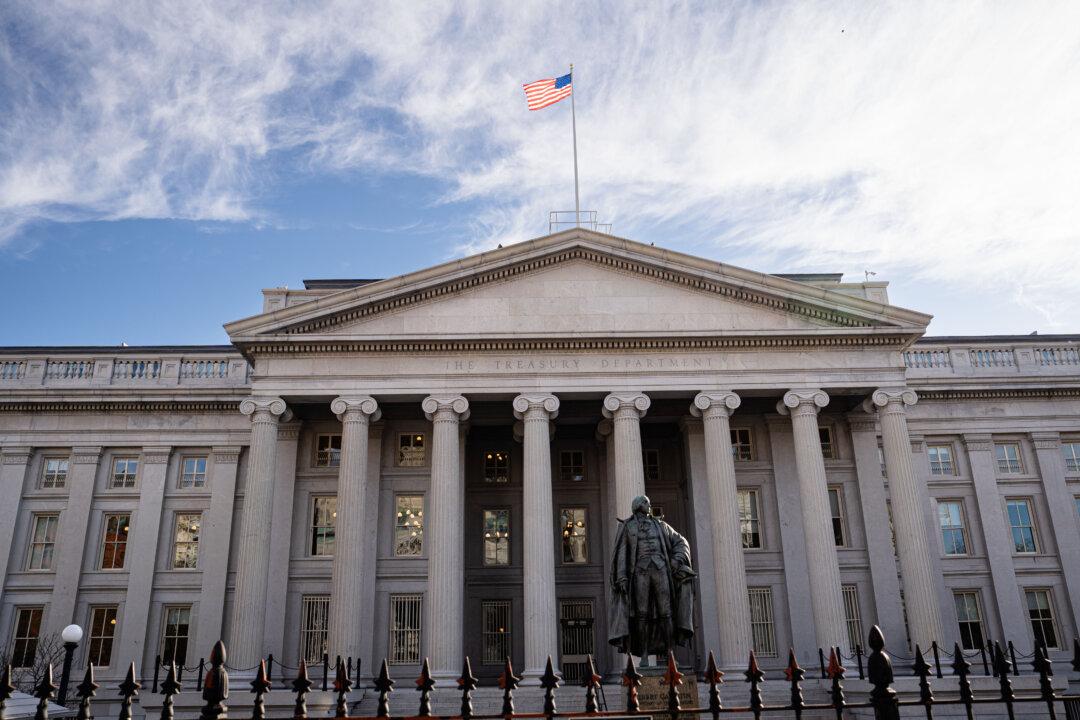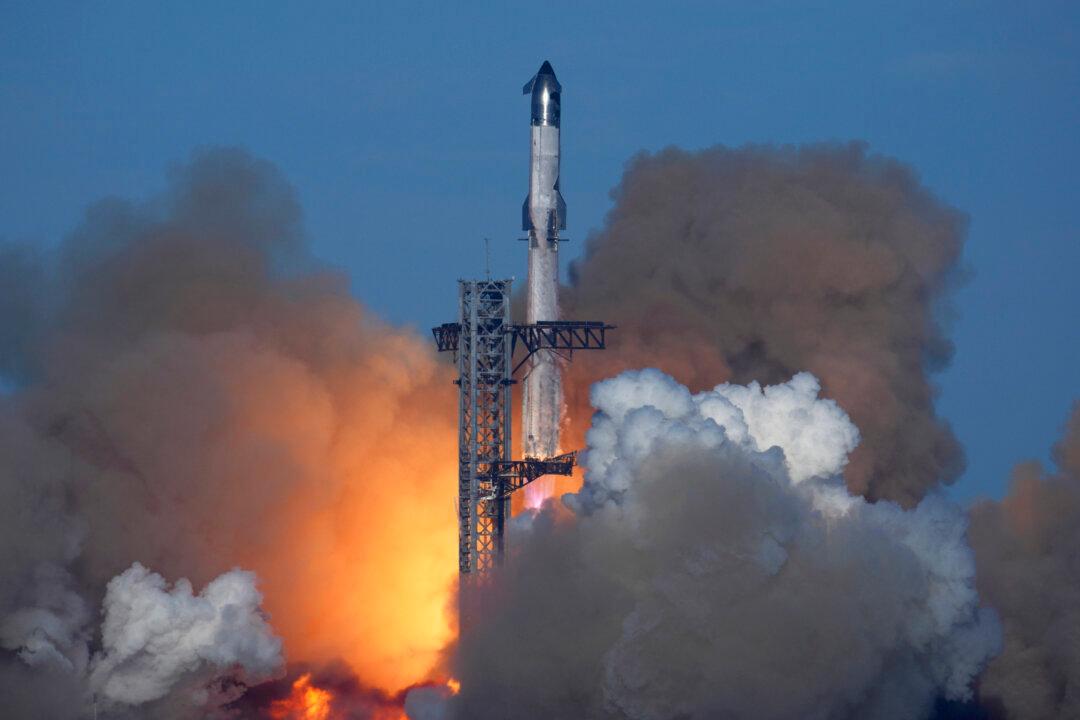U.S. Defense Secretary Lloyd Austin says that “significant progress” has been made toward Australia’s acquisition of a fleet of nuclear-powered submarines “at the earliest possible date” under the AUKUS security pact.
Austin met with Australian Defense Minister Richard Marles in Washington on Feb. 4 to discuss the trilateral AUKUS (which includes the UK) partnership, their mutual security efforts within the Indo-Pacific region, and other issues.
Citing their previous meeting in December 2022, Austin said both sides had agreed to deepen defense ties and strengthen coordination on regional priorities, according to a U.S. Defense Department transcript.
The two nations also seek to work closely with Japan to address regional challenges in the Indo–Pacific region.
“We also pledged to find new ways to work closely with Japan, as we pursue a common vision of a free and open Indo-Pacific, as a region where all countries can chart their own course and all states respect international rules and norms and where all disputes are resolved peacefully,” Austin said.
“All of this is yet another reminder that our unbreakable alliance is capable of great things. It has, indeed, endured for generations, and it remains vital to regional peace and security.”

AUKUS Submarine Deal
Marles reiterated that Australia, the United States, and the UK are building a “three-way ecosystem” through the AUKUS security pact that will benefit all three nations. The federal government intends to unveil its nuclear submarine plan next month.Marles said building the nuclear workforce is “one of the real challenges that we face” when it comes to the AUKUS submarines, for which the allies will have to put in “a lot of work to get this right.”
He noted that Washington’s complex regulations and export control laws, such as the International Traffic in Arms Regulations (ITAR), could delay for years the transfer of necessary technologies for the submarines.
The nuclear submarine industry requires not only the right facilities but a highly trained workforce numbering in the tens of thousands. The U.S. and UK governments have pledged to assist Australia with training and developing its industry.
However, Marles has downplayed any concerns about delays.
“We’re confident that what we will be announcing in the coming weeks is a pathway that will be able to be delivered by all partners on time, and obviously, we are talking about a program that is not measured in weeks or months but is actually going to take place over years and decades,” he told ABC Radio’s AM on Feb. 1.
Anne-Marie Trevelyan, the UK minister of state for the Indo-Pacific, said Australia’s submarines would likely be used to patrol the Indo-Pacific and secure trade routes.
China’s Opposition to AUKUS
The Chinese Communist Party has been vocal in its opposition to AUKUS, with CCP foreign affairs spokesperson Mao Ning declaring that the alliance is fueling military confrontation in the Asia-Pacific and is driven by Cold War thinking.According to China watchers, the regime in Beijing is genuinely distressed about AUKUS; analysts say that’s due to China’s concern about a Western-led coalition that, along with Japan, could contain China and bring the West into geostrategic dominance.





